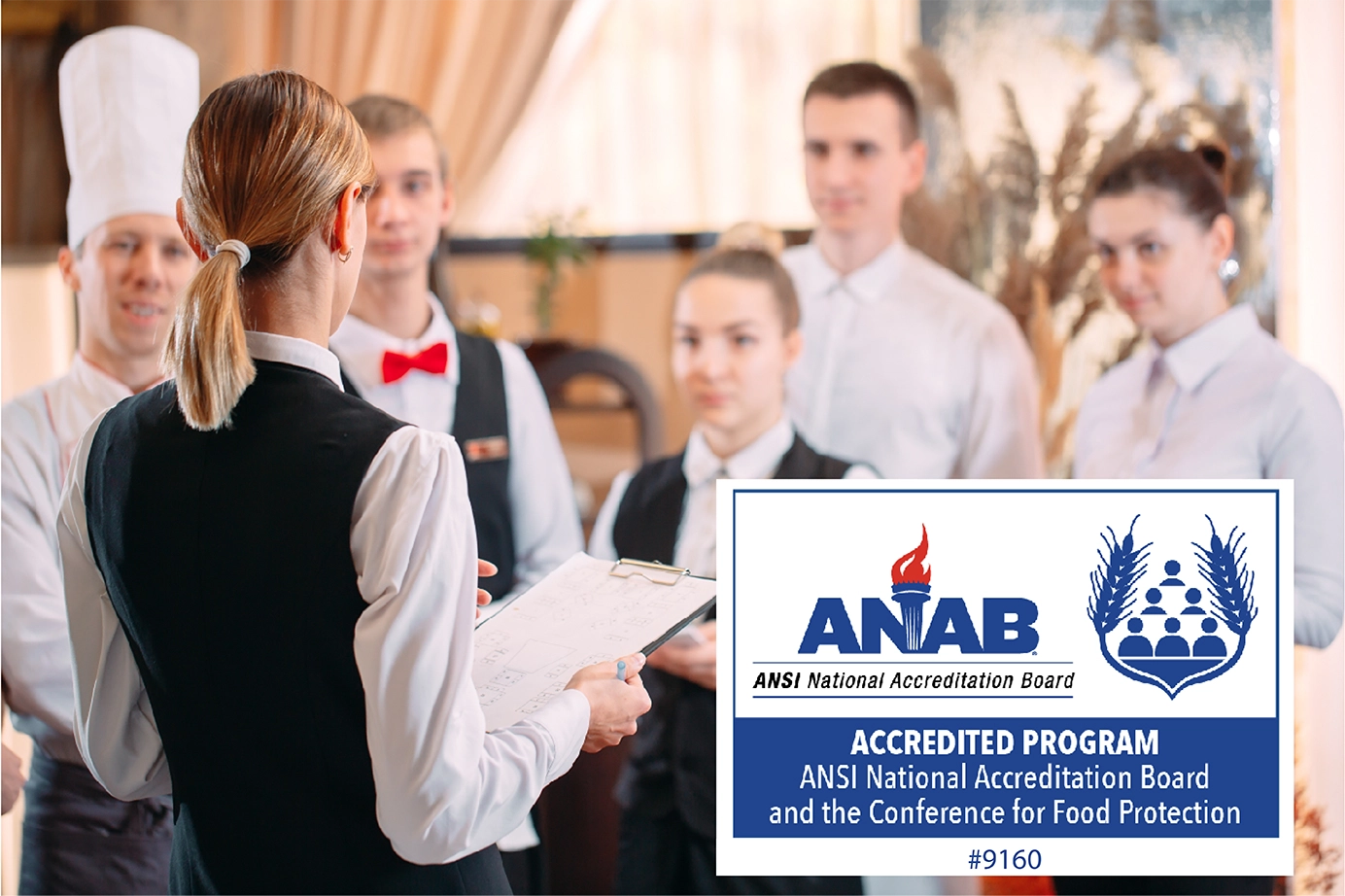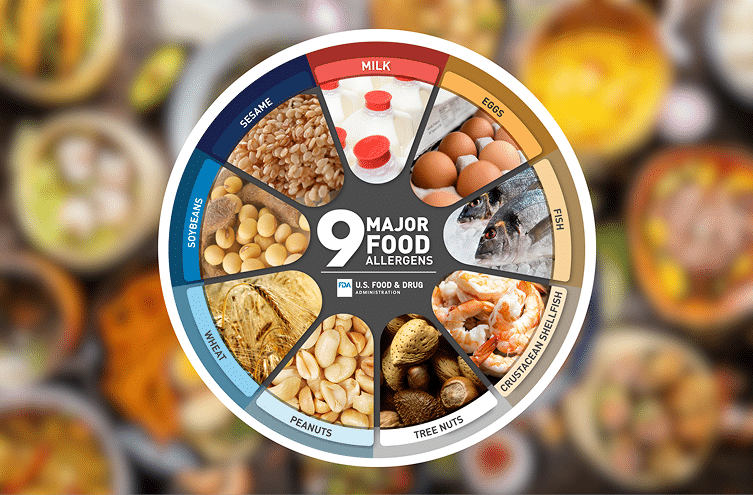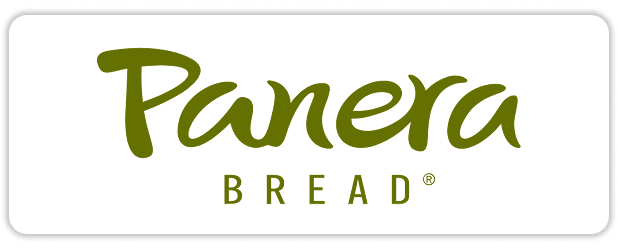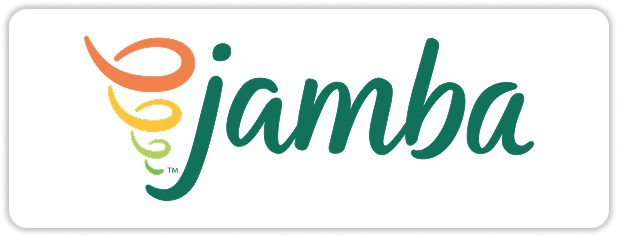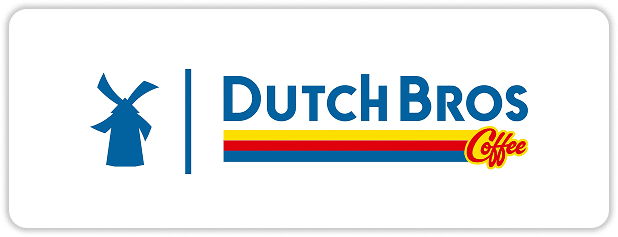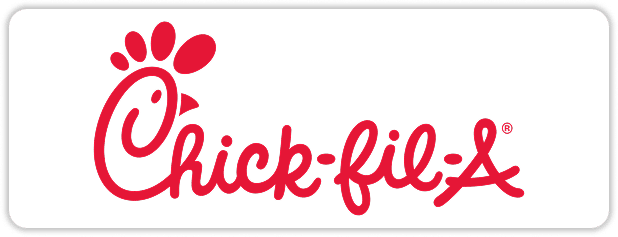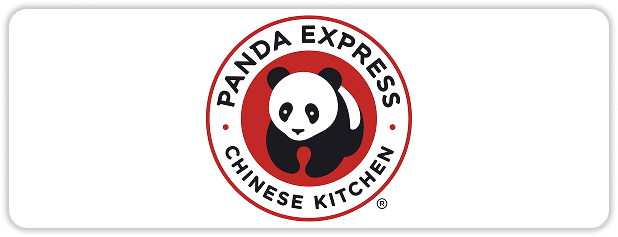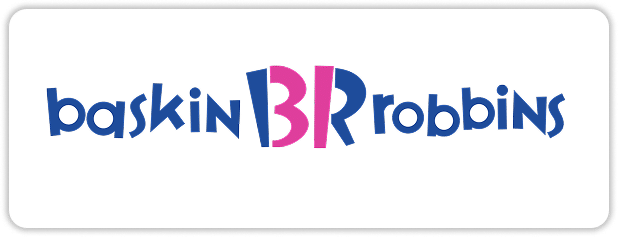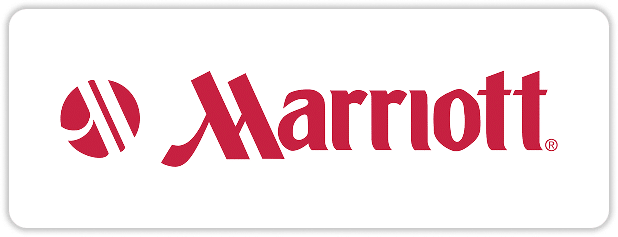
Food Handler vs Food Manager Certification: What’s the Difference?
Whether you’re working in a bustling restaurant kitchen, managing a hospital cafeteria, or preparing food at a school, food safety training is a critical part of the job. Understanding the difference between a Food Handler vs Food Manager is essential to meeting regulatory requirements and ensuring a safe environment for your customers or clients.
Let’s explore the key differences between these two credentials and help you determine which one fits your role.
What Is a Food Handler Certificate?

- Line cooks and prep cooks
- Servers and bussers
- Baristas and bartenders
- Dishwashers and barbacks
- Personal hygiene practices
- Time and temperature controls
- Cross-contamination and allergen awareness
- Cleaning and sanitizing procedures
In many states and local jurisdictions, earning a Food Handler Certificate is required before beginning employment. Even where not mandated, employers often require it to maintain a consistent standard of food safety.
Most food handler courses can be completed in 1–2 hours and cost between $10 and $30, depending on the provider. These certificates are typically valid for three years, though this can vary by location. When it’s time to renew, employees simply retake the training and test.
What Is a Food Manager Certification?
- Restaurant and kitchen managers
- Executive chefs and head cooks
- Owners and operators of food establishments
- Shift supervisors or persons-in-charge
- Active managerial control of food safety risks
- Hazard Analysis and Critical Control Points (HACCP)
- Compliance with FDA Food Code regulations
- Foodborne illness risk factors and preventive strategies
When pursuing a Food Manager Certification, it’s essential to look for programs accredited by the ANSI National Accreditation Board (ANSI National Accreditation Board (ANAB)) and recognized by the Conference for Food Protection (ANSI National Accreditation Board (ANAB)-CFP). An ANSI National Accreditation Board (ANAB)-accredited program ensures that the certification meets nationally recognized standards for food safety. This Nationally Accredited Food Manager Certification signifies that the holder has met rigorous criteria set forth by industry experts.
Candidates typically prepare for 7–12 hours before taking the exam, which contains around 80 multiple-choice questions. A passing score is generally 70%. The certification is valid for five years and must be renewed by retaking and passing the exam.
Key Differences: Food Handler vs Food Manager Certification
| Feature | Food Handler Certificate | Food Manager Certification |
|---|---|---|
| Stay Happy | Stay Safe | Spread Happiness |
| Intended For | Entry-level staff (e.g., cooks, servers, baristas) | Managers, chefs, owners, and persons-in-charge |
| Topics Covered | Hygiene, temperature control, and sanitation | HACCP, FDA Food Code, managerial oversight |
| Cost Range | $10–$30 | $80–$200 |
| Time to Complete | 1–2 hours | 7–12 hours (including preparation and exam) |
| Validity Period | 2–3 years (varies by location) | 5 years |
| Renewal Requirement | Retake the training and test | Retake and pass the nationally accredited exam |
| Accreditation Requirement | Must be accepted by state/local agencies | Must be ANSI National Accreditation Board (ANSI National Accreditation Board (ANAB)) & CFP accredited |
Does Your State Require a Food Handler Certificate or Food Manager Certification?
Requirements vary by state and even by county. Some locations require both a Food Handler Certificate and a Certified Food Protection Manager (CFPM) to be present during food service hours. In many cases, even if local law doesn’t require one, employers still mandate it to ensure best practices.
You can visit your local health department or check your employer’s policies to determine which credential is required in your area.
Why It Matters
- Food Handler Certificate holders help reduce risks by following procedures.
- Certified Food Protection Managers (CFPMs) take responsibility for managing and enforcing those procedures.
Nationally Accredited Certification from AAA Food Handler

At AAA Food Handler, we bring over 35 years of experience in food safety training to help individuals and businesses maintain compliance and uphold the highest safety standards.
Our Food Manager Certification program meets the strict standards set by the ANSI National Accreditation Board (ANSI National Accreditation Board (ANAB)) and the Conference for Food Protection (CFP). Whether you’re renewing your certification or preparing to become a Certified Food Protection Manager for the first time, we provide accessible and comprehensive resources to help you succeed.
Our platform also offers easy access to Food Handler Certificates, meeting the requirements of most states and local jurisdictions.
The Bottom Line
- Get a Food Handler Certificate if you’re new to food service or work in a non-managerial position.
- Pursue a Food Manager Certification if you’re in charge of operations or supervising others in a food service establishment.
Both credentials play a vital role in protecting public health and ensuring a safe dining experience for everyone.
Ready to get certified?
Visit aaafoodhandler.com to find the right program for your needs and take the next step in your food safety career.


